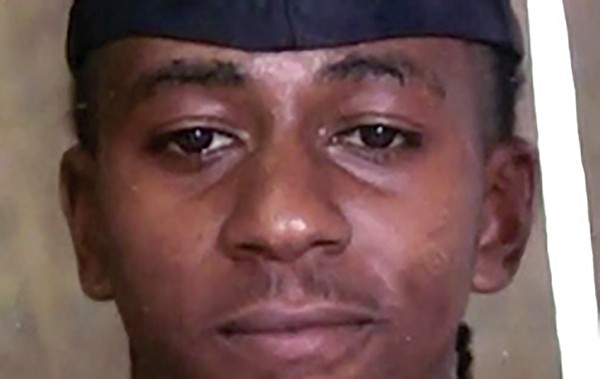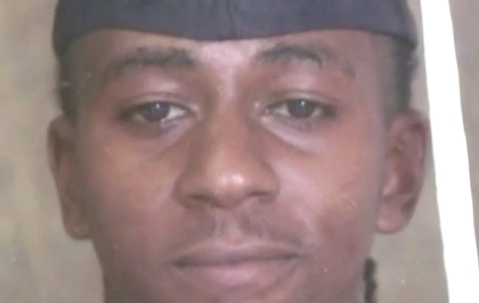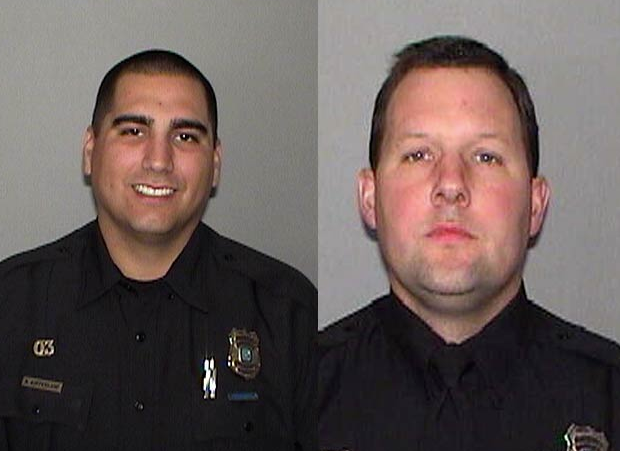I’m old enough to remember the great Levitt Shell tagging. It was last week, I think. Memphis woke up to the news that political slogans, including “Black Lives Matter,” “Save the Children,” “Eat the Rich,” and various epithets had been spray-painted on the Shell. The images were all over social media by mid-morning, at which point we also learned that presumably the same taggers had defaced the Great Wall of Graceland with similar slogans.
It was a Rorschach test. Confirmation biases kicked in. Some were outraged by the vandalism itself; others were outraged by the fact that people were more upset by graffiti than by the loss of Black lives. Many were convinced that the tagging was done by right-wing agitators looking to smear BLM and start unrest. There was something for everyone.

Steven Askew
Here’s the thing: If you don’t know who did something, you don’t know why it was done. You’re just making noise on social media. By the next day, the paint had been removed, and the brouhaha quickly disappeared, lost in the perpetual churn of the outrage cycle.
There was another story last week that you probably overlooked, and that’s too bad. It was well-reported in The Commercial Appeal by reporter Sarah Macaraeg. A Memphis Police Officer named Matthew Dyess was outed for several racist posts on Facebook. Dyess praised the Kenosha shooter with a meme that read: “Blame it all on my roots, I showed up in boots, and ruined their Black Lives affair.” Another meme Dyess posted read, “Damn, that kid can shoot!” and was tagged with a comment, “Me, watching the news.” And there was more. From the CA story: “A 2017 picture in uniform and the Facebook groups which Dyess follows remained publicly accessible Friday. The groups ‘(F—-) the Organization Black Lives Matter’ and ‘Memphis Brigade, Sons of Confederate Veterans’ were listed among them.”
So, Matthew Dyess is a racist Memphis cop. That’s bad enough. But it gets much, much worse. And it gets personal. You see, Matthew Dyess and his then-partner Ned Aufdenkamp are the cops who shot and killed Steven Askew in 2013. Steven was the son of Sylvia Askew, my wife’s legal assistant at the Federal Public Defender’s office. I went to Steven’s funeral. I know his father and mother. He was a fine young man, an auto mechanic, not a criminal. He was assassinated by two MPD officers. If this had happened in the past year or two, instead of in 2013, Memphis would be an epicenter for protest. Steven Askew’s name would be known as well as George Floyd’s and Breonna Taylor’s. His death was that egregious. MPD and the DA would not be able to bury this story in 2020.
Here’s what happened: Aufdenkamp and Dyess were patrolling an apartment complex on foot, responding to a noise complaint. They noticed the 24-year-old Askew asleep in his car. He was waiting for his girlfriend, who lived in the complex, to get off work. But Steven never got to tell his story. That’s because, when Aufdenkamp and Dyess woke him (with guns drawn), they got spooked and fired 22 rounds at Askew — from behind. Nine bullets struck Steven in the back and neck, and he died. The cops first told investigators that Askew had shot at them but changed their stories when it turned out that a gun on the floorboard (which Askew had a permit for) had not been fired, and didn’t even have fresh fingerprints on it.
Aufdenkamp and Dyess needlessly shot and killed a man who committed no crime. He wasn’t resisting arrest. He wasn’t speeding. He hadn’t even run a stop sign. He was sleeping in his car and probably awoke with a start when officers tapped the window, a response that cost him his life — killed for the crime of sleeping in his car while Black.
Of course, the incident was “investigated,” but even after the lies the officers told investigators were revealed, District Attorney Amy Weirich declined to press charges, saying it would be too difficult to prove the officers committed a crime.
Right. A civil court saw it differently and awarded Askew’s parents $587,000 in damages. But no crime was committed. Nope. Just a teensy mistake by a couple of hard-working MPD officers.
Aufdenkamp had, at the time, a checkered incident history, with several run-ins with the public. Now we learn that Dyess, seven years after pumping numerous bullets into an innocent Black man, is a racist who posts white supremacist crap on Facebook. He needs to be relieved of duty immediately — which is unfortunately seven years too late for Steven Askew.

